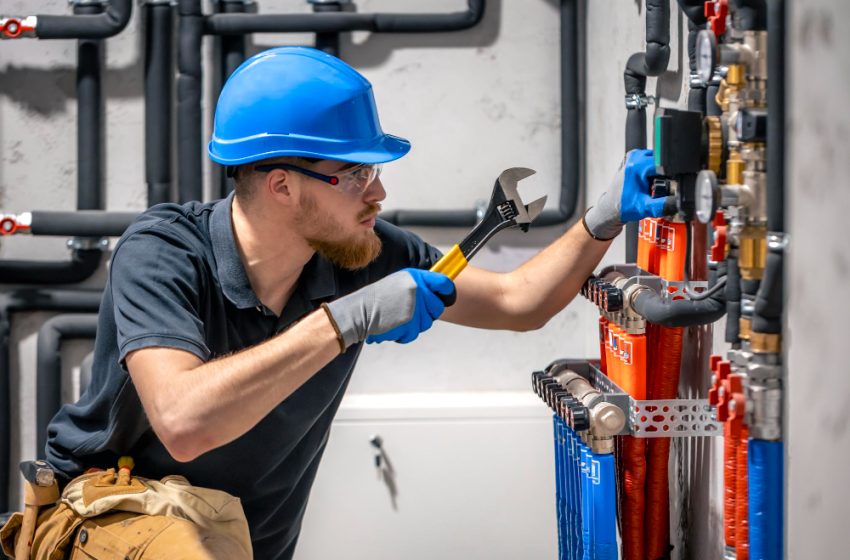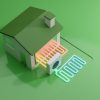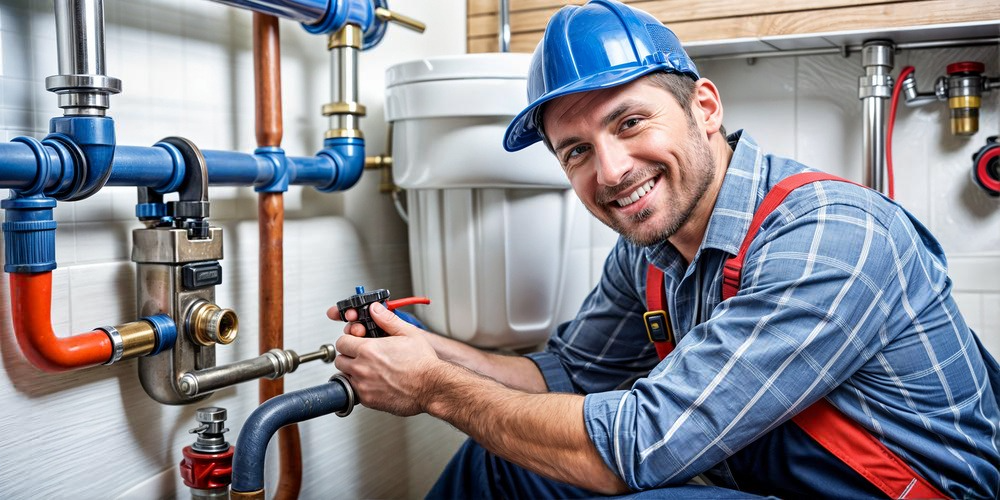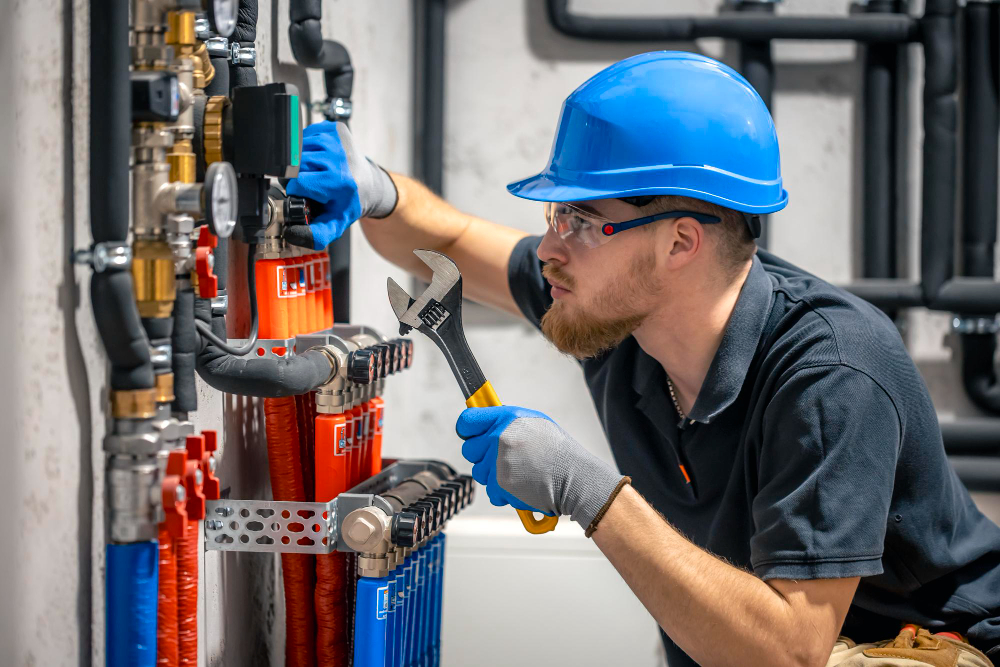How to Prepare Your Plumbing for a Vacation or Long Trip

Heading out on vacation or a long trip is exciting, but nothing can ruin the joy of coming home like a plumbing disaster. Leaks, clogged drains, or a burst pipe can create costly headaches in your absence. To avoid these potential problems, it’s crucial to prepare your plumbing system before you leave. Here’s a step-by-step guide to safeguard your home’s plumbing while you’re away.
Why Preparing Your Plumbing Matters
Unattended plumbing issues can escalate quickly:
- Water Damage: A small leak can cause significant damage to floors, walls, and furniture.
- Increased Utility Bills: Running water or leaking faucets waste water and increase costs.
- Sewer Odors: Stagnant water in drains can lead to unpleasant smells permeating your home.
Taking a few precautions can help you avoid these problems, giving you peace of mind while you’re away.
Steps to Prepare Your Plumbing for Vacation
1. Shut Off the Main Water Supply
Turning off your home’s main water supply is the most effective way to prevent leaks or flooding while you’re gone.
- Locate your home’s main water shutoff valve, usually near the water meter or in the basement.
- Turn the valve clockwise to shut it off.
- After shutting off the water, open a faucet to release any remaining pressure in the pipes.
Tip: If someone needs access to water while you’re away (e.g., for plant care or house-sitting), shut off water to specific fixtures instead, like toilets or outdoor spigots.
2. Drain Your Pipes
Draining water from your pipes reduces the risk of pressure buildup or freezing in colder weather.
- After turning off the main water supply, open all faucets in the house to let any remaining water drain out.
- Flush all toilets to empty the tanks and bowls.
3. Set Your Water Heater to ‘Vacation Mode’
Your water heater continues to heat water even when you’re not using it, wasting energy.
- If your water heater has a “vacation mode” setting, turn it on to lower the temperature.
- If not, manually adjust the thermostat to the lowest setting.
- For electric water heaters, consider shutting off the power at the circuit breaker.
Tip: If you’ve turned off the main water supply, turning off the water heater is crucial to avoid damage caused by heating an empty tank.
4. Inspect for Leaks
Before you leave, check your home for any existing leaks:
- Look under sinks, around toilets, and near your water heater.
- Check outdoor faucets and sprinkler systems for drips.
- Fix any leaks to prevent them from worsening in your absence.
5. Clean and Clear Drains
Clogged drains can cause unpleasant odors or backups while you’re away.
- Pour a mixture of baking soda and vinegar down each drain, followed by hot water, to clear buildup.
- Run your garbage disposal with cold water to flush out any remaining food particles.
6. Empty and Turn Off Appliances
Appliances like dishwashers, washing machines, and refrigerators with water dispensers should be turned off to avoid leaks.
- Dishwasher and Washing Machine: Turn off the water supply to these appliances.
- Refrigerator: If your fridge has an ice maker or water dispenser, turn off the water supply and empty the ice bin.
7. Protect Outdoor Plumbing
Outdoor faucets and hoses are vulnerable to leaks and freezing in colder weather.
- Disconnect and store garden hoses.
- Shut off the water supply to outdoor spigots.
- Install insulated covers on outdoor faucets to prevent freezing.
8. Install a Leak Detection System
Smart leak detectors can monitor your plumbing and send alerts to your phone if they detect unusual activity.
- Place detectors near high-risk areas like water heaters, sinks, and washing machines.
- Some systems can automatically shut off your water supply if a leak is detected.
9. Arrange for Someone to Check Your Home
If you’re going away for an extended period, ask a trusted neighbor, friend, or house sitter to check on your home periodically.
- Show them where the main water shutoff valve is located.
- Ask them to ensure no water-related issues arise while you’re gone.
Special Considerations for Winter Travel
If you’re leaving during cold weather, frozen pipes become a significant concern:
- Keep Your Home Warm: Set your thermostat to at least 55°F (13°C) to prevent freezing.
- Insulate Exposed Pipes: Use foam pipe insulation for pipes in unheated areas like basements or attics.
- Open Cabinet Doors: Allow warm air to circulate around pipes under sinks.
What to Do When You Return
When you return from vacation:
- Turn On the Main Water Supply: Slowly open the valve to avoid pressure surges.
- Check for Leaks: Inspect faucets, toilets, and appliances for signs of leaks or unusual noises.
- Turn On the Water Heater: If you turned it off, switch it back on and let it heat water before use.
- Flush Faucets: Run water from all faucets for a few minutes to clear stagnant water from the pipes.
Conclusion
Preparing your plumbing before a vacation or long trip is an essential step to prevent unexpected problems. By shutting off the water supply, draining pipes, and taking preventive measures, you can avoid costly repairs and enjoy your time away with peace of mind.




